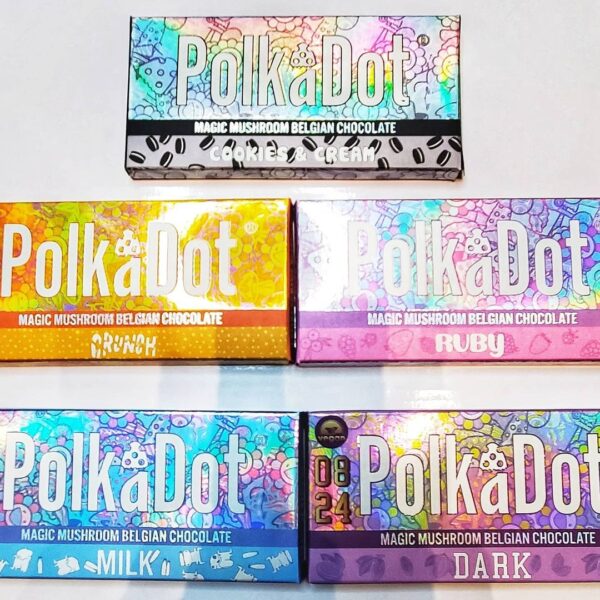The benefits of psychedelic mushrooms For centuries, certain species of mushrooms, often referred to as “magic mushrooms,” have held a place in various indigenous cultures for their spiritual and medicinal properties. While long relegated to the shadows of illegality and misunderstanding, a burgeoning body of scientific research is now illuminating the profound potential of psilocybin, the primary psychoactive compound found in these mushrooms, particularly in the realm of mental health and well-being.
Once dismissed as mere recreational drugs, psilocybin is rapidly gaining recognition for its therapeutic benefits, often when administered in carefully controlled, clinical settings with professional guidance. Leading research institutions worldwide are conducting studies that point towards a paradigm shift in how we approach a range of challenging conditions.
Unlocking New Pathways: The Therapeutic Potential
The most significant breakthroughs are being observed in the treatment of various mental health disorders. Psilocybin-assisted therapy has shown remarkable promise in:

- Depression and Anxiety: Studies have indicated that psilocybin can significantly reduce symptoms of treatment-resistant depression and anxiety, including existential distress in patients with life-threatening illnesses. The effects can be remarkably long-lasting, with some individuals reporting sustained improvements for up to a year after just a few doses. This is attributed to psilocybin’s ability to foster “neuroplasticity,” essentially allowing the brain to form new connections and break free from rigid, negative thought patterns.
- Substance Use Disorders: Emerging research suggests psilocybin may be a valuable tool in addressing addiction. Pilot studies have shown encouraging results in helping individuals with alcohol use disorder, and further research is exploring its potential for opioid addiction and smoking cessation.
- Obsessive-Compulsive Disorder (OCD): Preliminary findings indicate that psilocybin therapy could offer relief for individuals suffering from OCD, a condition often resistant to conventional treatments.
- Post-Traumatic Stress Disorder (PTSD): While still in earlier stages of research, psilocybin is being investigated for its potential to help individuals process trauma and alleviate PTSD symptoms.
Benefits of Psychedelic Mushrooms
Beyond specific diagnoses, many participants in these studies report a profound sense of “openness,” increased self-awareness, and a greater connection to their emotions and the world around them. These “mystical-type experiences” are often cited as pivotal in the positive changes observed.
How Does it Work? A Glimpse into the Brain
Psilocybin, when ingested, is converted in the body to psilocin, which interacts with serotonin receptors in the brain. This interaction appears to temporarily disrupt the “default mode network,” a brain network associated with self-reflection and rumination. By quieting this network, psilocybin may allow for a more flexible and expansive mode of thinking, facilitating new insights and emotional processing. It’s believed to enhance neuroplasticity, the brain’s ability to adapt and form new connections, essentially “resetting” problematic neural pathways.
Important Considerations: Safety and Legality
It is crucial to emphasize that the positive outcomes reported in research are typically within controlled, medically supervised environments. Administering psilocybin in such settings minimizes risks and maximizes therapeutic potential. Common side effects can include temporary confusion, fear, paranoia, nausea, and headaches. Individuals with certain pre-existing conditions, such as bipolar disorder or heart disease, may be at higher risk for adverse reactions.
The legal status of psilocybin mushrooms varies significantly across the globe. In many places, including Cameroon where this article is being composed, psilocybin remains a controlled substance with strict prohibitions on its possession, sale, and cultivation. While some jurisdictions are moving towards decriminalization or legalization for therapeutic use, it is paramount to be aware of and adhere to local laws. Unsupervised use carries inherent risks, including the danger of misidentifying poisonous mushrooms.
A Promising Future
The re-emergence of psychedelic research, particularly concerning psilocybin, represents a hopeful avenue for addressing some of the most persistent and debilitating mental health challenges of our time. As scientific understanding grows and responsible regulatory frameworks evolve, psychedelic mushrooms, under proper medical guidance, may offer a powerful new tool in promoting healing, well-being, and a deeper understanding of the human mind.
Benefits of Psychedelic Mushrooms
WHER TO BUY PSYCHEDELIC MUSHROOMS
